In Vietnam, men parade but women rule at a festival called ‘Kate’
 |
Vietnam's ethnic Cham women perform a traditional dance during the 'Kate' festival in rural commune Phuoc Hau in Phan Rang. (REUTERS/Yen Duong)
The Cham are descendents of a powerful ancient kingdom that once spanned large parts of central and southern Vietnam a millennium ago.
They are a traditionally matriarchal society, which worships a female goddess and expects the youngest daughter to inherit family assets.
A rich history of trading and movement across Asia have made the Cham a uniquely multi-faith group, pided into predominantly Hindu and Muslim branches, all of whom come together to celebrate "Kate".
The week-long festival, which began last Friday, marks the Cham calendar's de facto new year, at the onset of a new harvest.
At the Po Klong Garai temple in the southern town of Phan Rang - a Vietnamese rendering of Panduranga, the Cham Kingdom's ancient capital - dozens of men in bright red and white traditional costume paraded with a sacred garment.
The holy dress, which is kept in the nearby commune of Phuoc Ha, is brought to the crumbling, clay-brick 13th Century temple, within which lies a statue of the Hindu god, Shiva.
Behind a small door, the deity is dressed in the sacred Cham garments by religious leaders, who perform traditional rites and blessings. Others make offerings of fruit, boiled chicken and white rice on bamboo mats laid at the foot of the ancient temple. - Reuters
Recommended
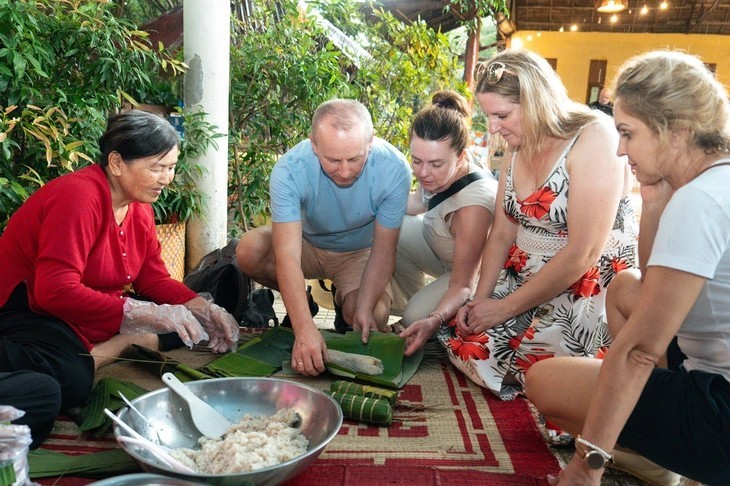 Travel
Travel
Vietnam Remains One of the World’s Most “Affordable” Destinations in 2026
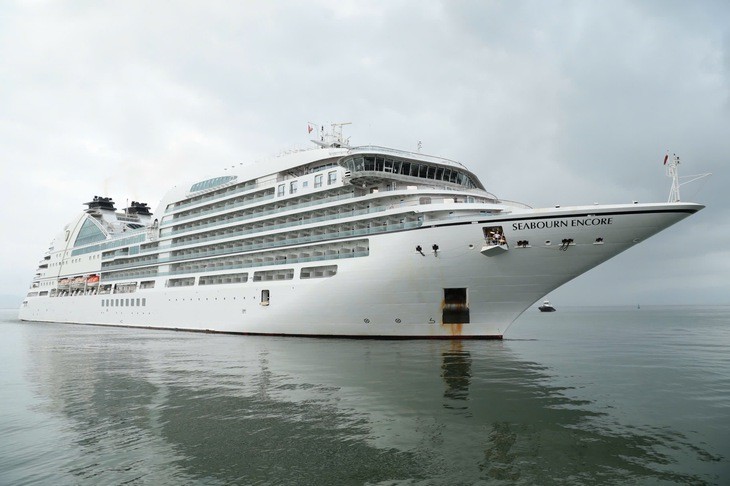 Travel
Travel
Nearly 4,200 Cruise Passengers “First-Foot” Da Nang During the Lunar New Year of Binh Ngo 2026
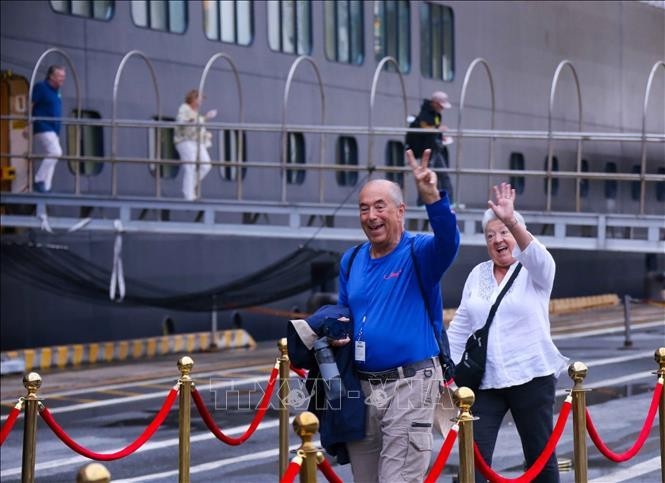 Travel
Travel
International Arrivals to Vietnam Hit New Record in 2025, up Over 20%
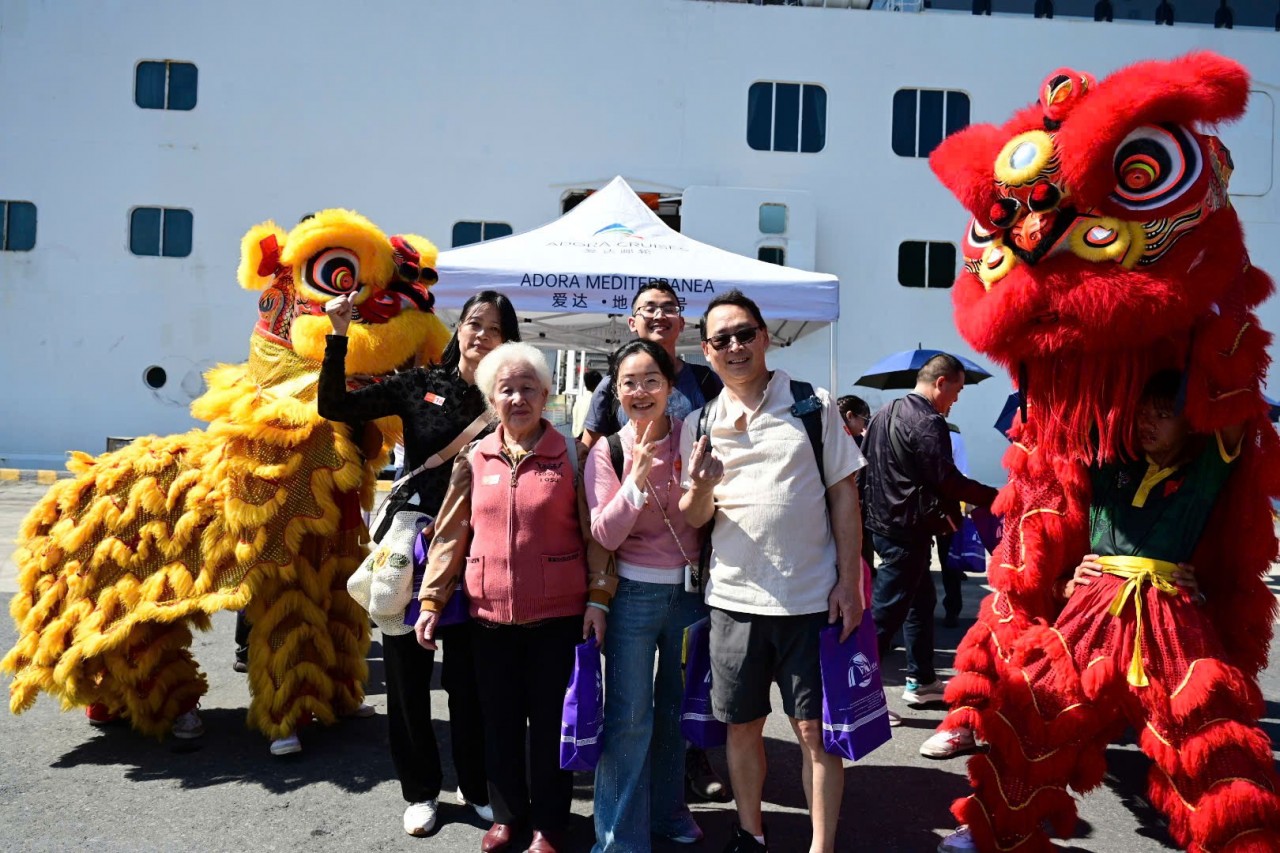 Travel
Travel
New Year’s Day 2026: Vietnam’s Tourism Makes Impressive Start with 3.5 Million Visitors
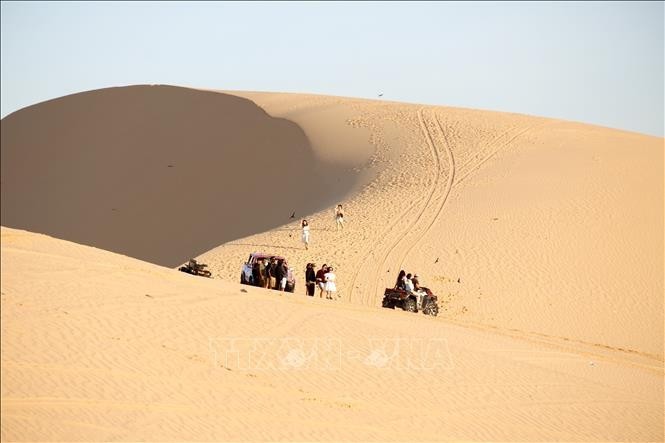 Travel
Travel
Vibrant Destinations for New Year 2026 Holiday
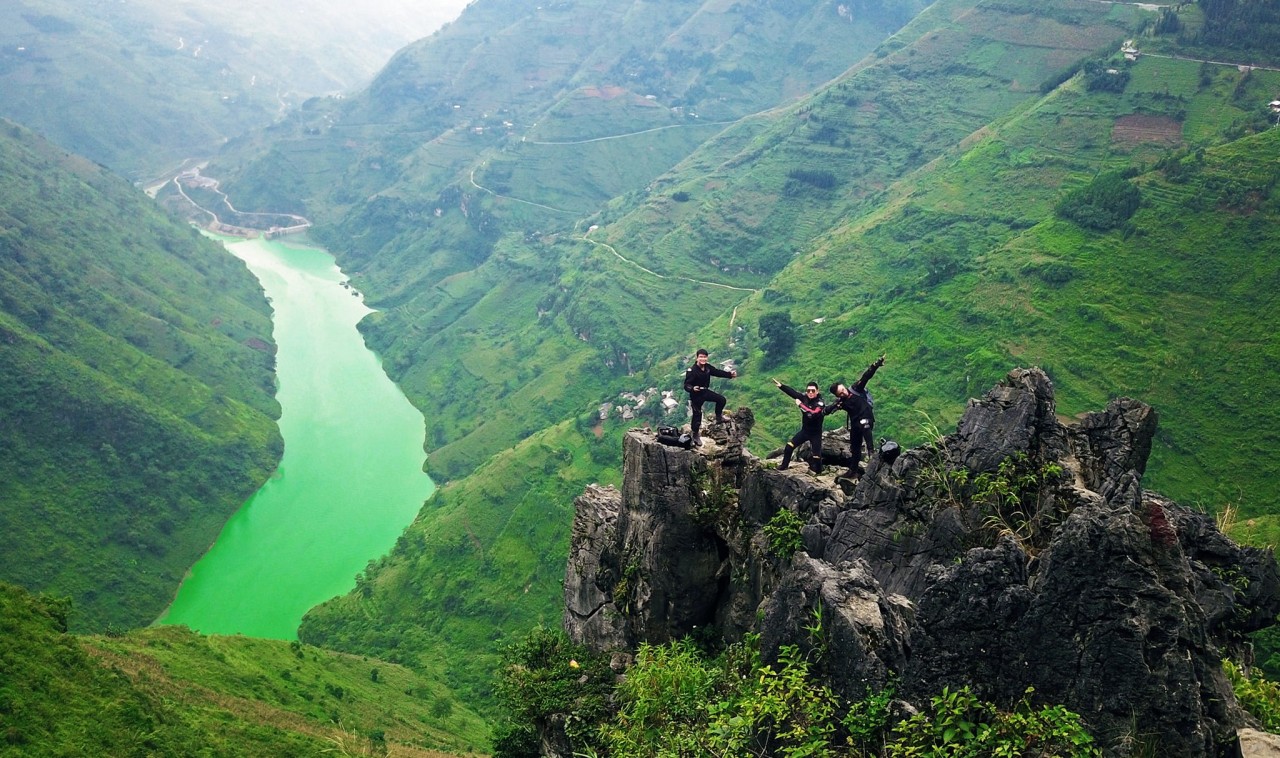 Travel
Travel
Tourism Industry: 2025's Bright Spot of Economic and Social Growth
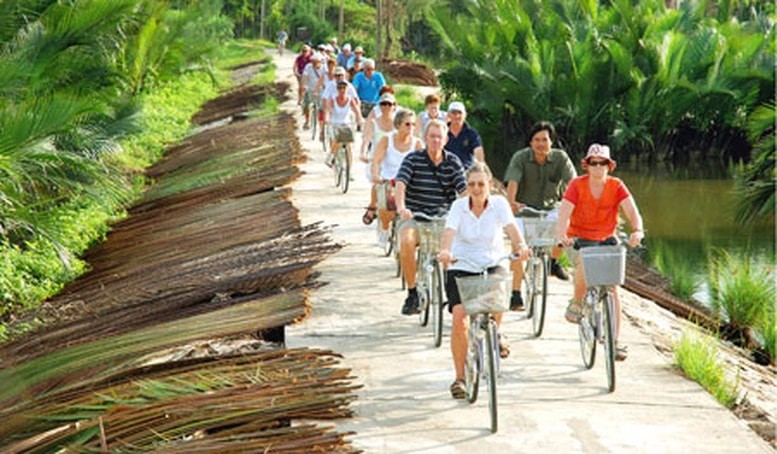 Travel
Travel
Vietnam Tourism Sets New Record with Over 19 Million International Arrivals
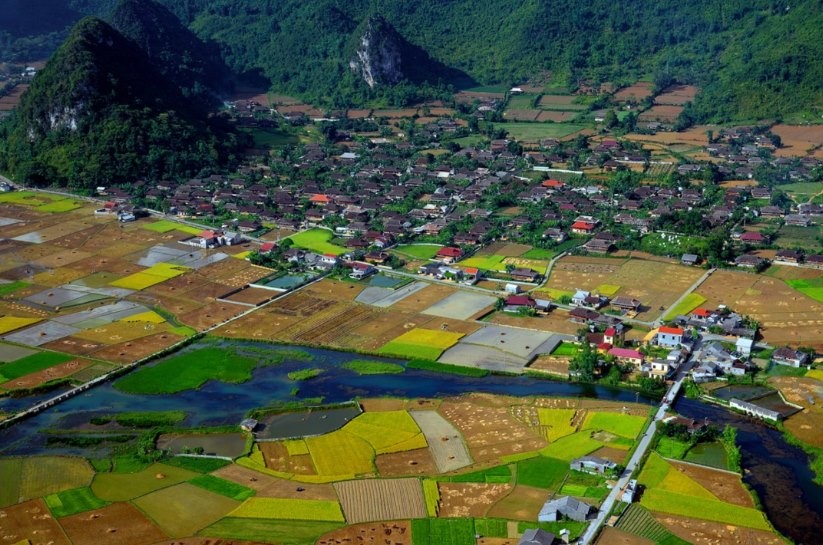 Travel
Travel
